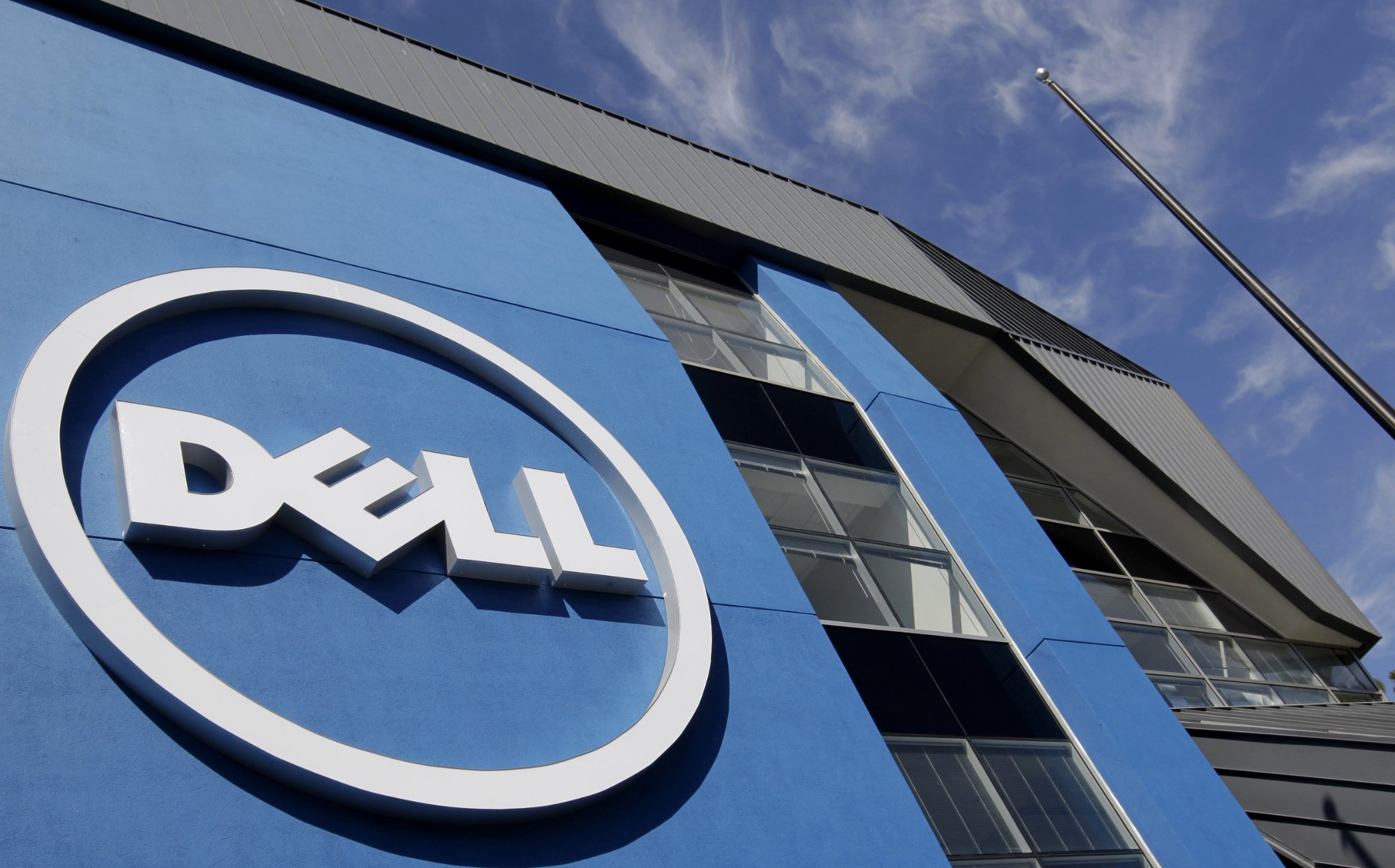 CLOUD
CLOUD
 CLOUD
CLOUD
 CLOUD
CLOUD
Dell Technologies Inc. said today that it’s expanding its APEX portfolio with a new family of products for on-premises deployments of Microsoft Corp.’s Azure Cloud.
It’s the first offering from Dell’s recently announced Dell APEX Cloud Platform. It provides a range of infrastructure offerings for Microsoft Azure Stack HCI, a hyperconverged infrastructure platform that customers can run in their on-premises data centers.
Microsoft’s Azure Stack platform can be thought of as a way to extend the Azure Cloud platform. Customers can use it to create a hybrid cloud computing environment, with on-premises systems that are deeply integrated with the public Azure cloud, enabling applications, data and workloads to move between the two.
Dell’s APEX service is a portfolio of hardware and software products offered to customers on an as-a-service-basis. It means customers can access its cutting-edge data center hardware without paying for everything up front, as they historically have always had to do. They rent the infrastructure instead, giving them the flexibility to add and remove systems as their requirements change.
The Dell APEX Cloud Platform was announced at Dell Technologies World in May. The company said the idea is that customers can extend their choice of cloud to their own on-premises ecosystems to gain more control over workload placement while getting a consistent experience.
APEX Cloud Platform for Microsoft is the first such offering to go live. It offers native integration with Azure Arc to automate the deployment of applications and workloads across on-premises and cloud environments. Dell said the automated deployment wizard within Arc can reduce deployment steps by an average of 88% compared with existing integrated systems.
In addition, the platform helps to optimize the delivery of Azure Kubernetes Service and Arc-enabled apps and data services to accelerate application delivery, Dell said. Users can also enforce consistent security and compliance across both kinds of Azure environments, Dell said. In terms of support, customers can subscribe to Dell’s ProSupport Infrastructure Suite to access “solution-level support” for hardware, software and Azure HCI.
Dell also spelled out the advantages gained by customers who use APEX for their Azure Stack HCI deployments. They include full-stack lifecycle management with instant access to new software releases and security patches. It also has automated cluster expansion capabilities that Dell says make it quick and simple for customers to expand their on premises infrastructure to meet workload requirements.
The benefits will get even better, as Dell said it will soon offer access to specialized nodes based on the Dell PowerEdge XR4000 server platform to extend Azure cloud to the network edge. It’s also planning to increase the range of storage configurations available to customers in support of the linear scaling of storage resources, independent of their compute resources.
Dell believes there’s a big opportunity to grow its revenue by expanding Azure cloud services to on-premises data center environments. It cites a study by Enterprise Strategy Group, a division of TechTarget Inc., showing that 46% of enterprises plan to expand their on-premises deployments in the coming years. It wants to help them by providing the most optimal way to bring Azure to private data centers and edge locations.
Constellation Research Inc. analyst Holger Mueller said Microsoft was the first of the major cloud companies to realize the need for a hybrid cloud platform that extends to on-premises data centers, and it caters to this with the Azure Stack HCI platform.
“Azure Stack is a partner-based solution and it comes with some inherent challenges in terms of deployment and setting things up,” Mueller explained. “Dell is addressing many of these challenges with APEX Cloud Platform for Microsoft Azure, making it easier to run workloads in any location. In the era of enterprise automation, this kind of offering is always welcome, so Dell has high expectations in terms of customer adoption.”
Douglas Phillips, Microsoft’s corporate vice president of Azure Edge + Platform, echoed those thoughts, saying he has seen more customers asking for help in bringing Azure’s capabilities to the real world, in factories, retail stores, quick-service restaurants and other distributed locations. “Through our partnership with Dell, we can project just enough Microsoft Azure to those locations at the edge,” he said. “This gives our mutual customers a seamless experience from cloud to edge.”
Support our mission to keep content open and free by engaging with theCUBE community. Join theCUBE’s Alumni Trust Network, where technology leaders connect, share intelligence and create opportunities.
Founded by tech visionaries John Furrier and Dave Vellante, SiliconANGLE Media has built a dynamic ecosystem of industry-leading digital media brands that reach 15+ million elite tech professionals. Our new proprietary theCUBE AI Video Cloud is breaking ground in audience interaction, leveraging theCUBEai.com neural network to help technology companies make data-driven decisions and stay at the forefront of industry conversations.